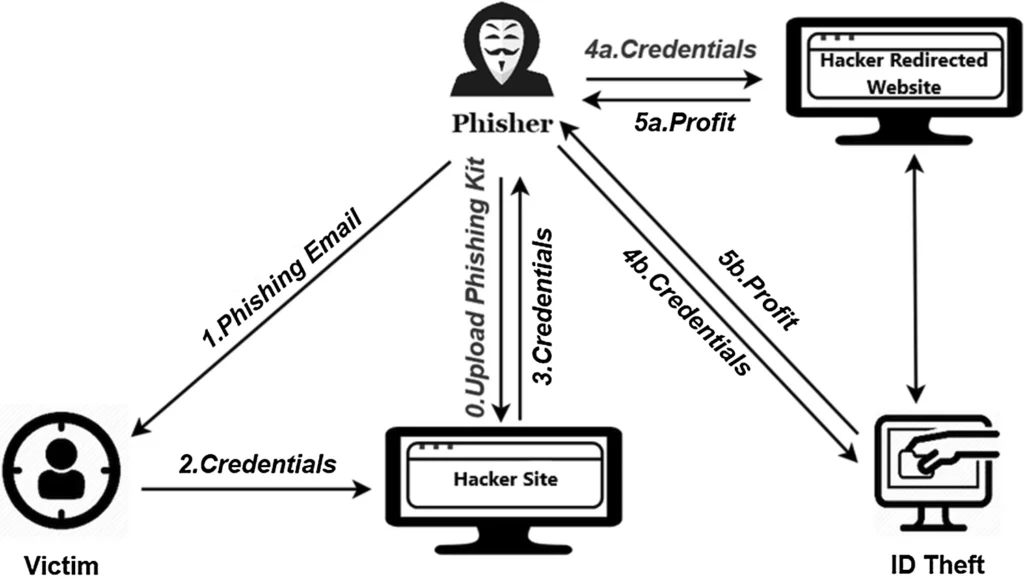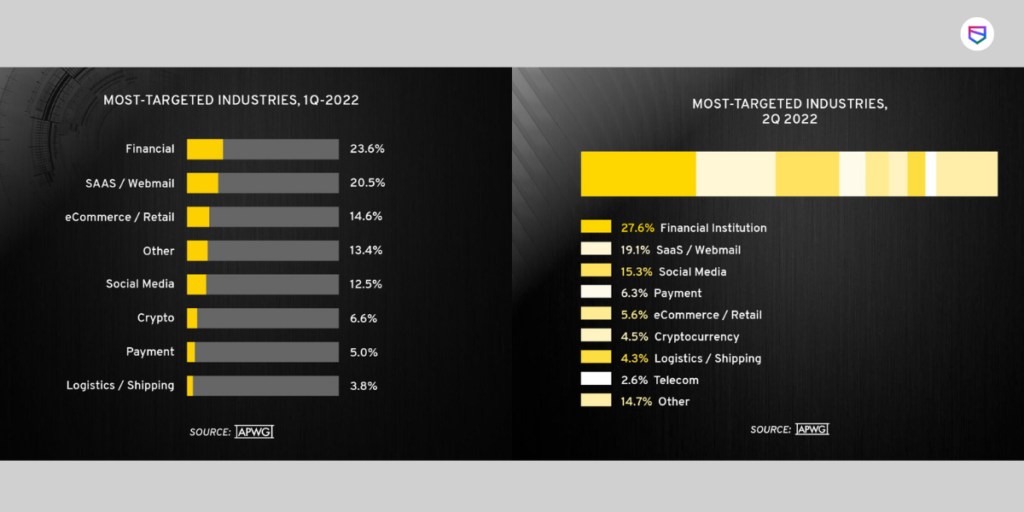
AI-Generated Phishing Emails
Phishing emails are fraudulent emails that attempt to trick the recipient into disclosing sensitive information such as passwords, credit card numbers, or other personal information. These emails often appear to be legitimate and may include links to fake login pages or attachments that contain malware.
With the increasing sophistication of artificial intelligence (AI), it is becoming easier for scammers to create more convincing and targeted phishing emails. AI-generated phishing emails can mimic the tone, language, and style of legitimate emails, making them harder to spot.

Here are some examples of AI-generated phishing emails:
- A phishing email that appears to be from a popular online retailer, with a message that your recent order has been canceled due to an issue with payment. The email contains a link to a fake login page where you are asked to enter your login credentials and payment information.
- A phishing email appears to be from a financial institution, with a message that there has been suspicious activity on your account. The email contains a link to a fake login page where you are asked to enter your login credentials and other personal information.
- A phishing email that appears to be from a trusted government agency, with a message that you need to verify your identity to avoid penalties. The email contains a link to a fake website where you are asked to enter your personal information, such as your Social Security number.
- A phishing email that appears to be from a colleague, with a message that contains urgent instructions for a work project. The email contains a link to a fake login page where you are asked to enter your work credentials.

It is important to note that AI-generated phishing emails can take on many different forms and may be highly customized to the target recipient. Therefore, it is always important to be cautious and vigilant when opening and responding to emails from unknown or suspicious sources.
To protect yourself from AI-generated phishing emails, you should:
- Be cautious when opening emails from unknown senders or those that ask for personal information.
- Check the email address and domain name of the sender to ensure they are legitimate.
- Hover over any links in the email to see if the URL matches the sender’s website.
- Avoid downloading attachments or clicking on links in suspicious emails.
- Use anti-phishing software or tools to help identify and block phishing attempts.
- Educate yourself and others about the risks of phishing and how to spot and avoid these scams.
Conclusion:
In conclusion, AI-generated phishing emails are a growing concern as scammers become more sophisticated in their techniques. These emails can appear highly convincing and may be tailored to the target recipient, making them harder to spot. It is important to stay vigilant and take steps to protect yourself, such as being cautious when opening emails from unknown senders, checking the sender’s email address and domain name, avoiding clicking on links or downloading attachments in suspicious emails, and using anti-phishing software or tools to help identify and block phishing attempts. Remember, if something seems too good to be true or raises suspicion, it is always better to err on the side of caution and avoid engaging with the email or providing any personal information.
Recommended Reading
Devil for Modern Security: RANSOMWARE
How to Prepare for a Data Breach before it Happens








